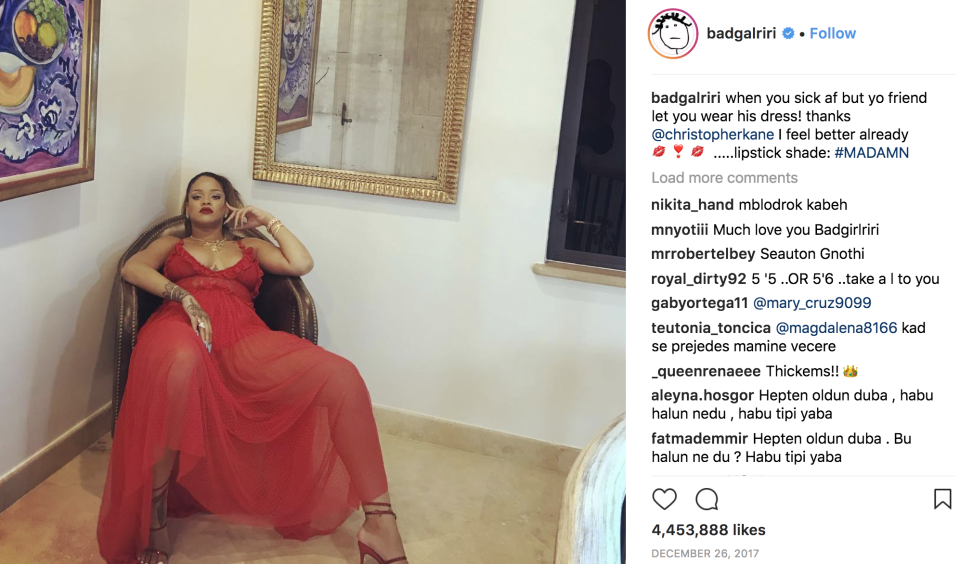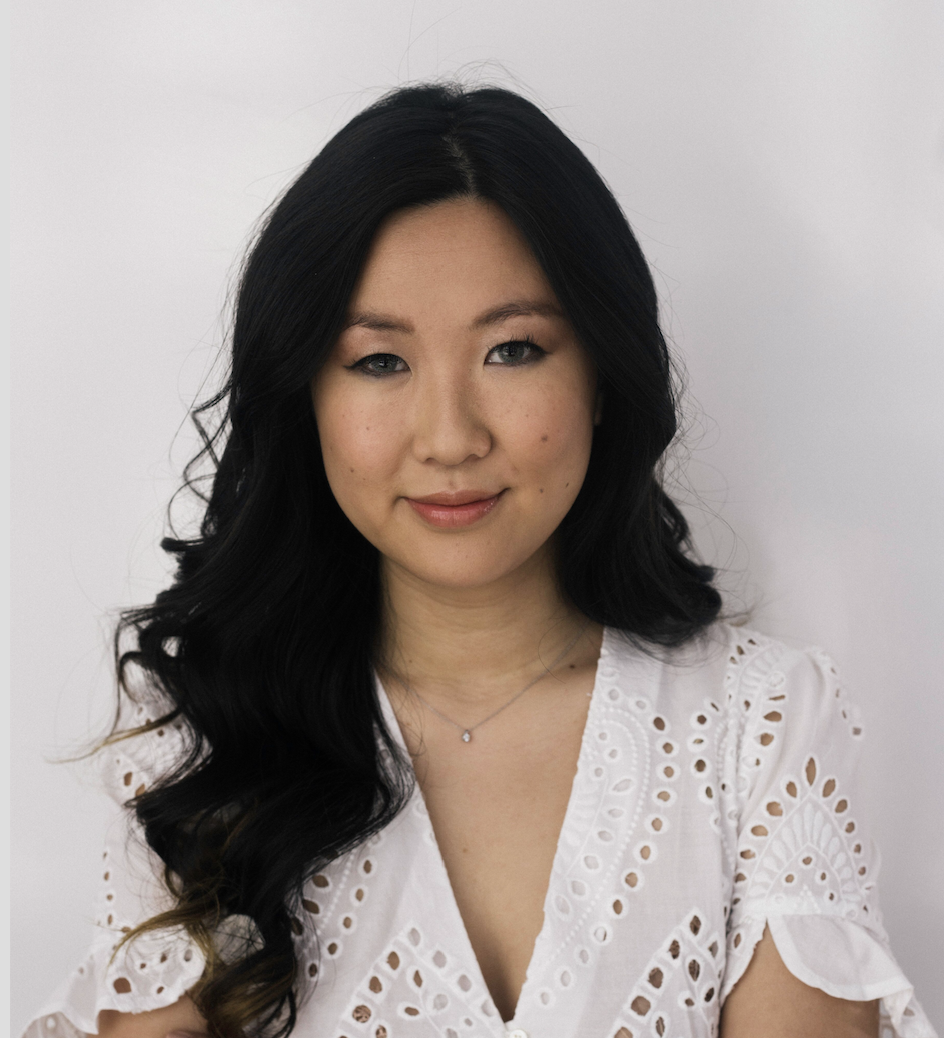25-year-old’s startup is making fast fashion even faster

We obsess over the couture gowns and custom jeans that Hollywood darlings and runway models flaunt on the red carpet. But they’re all unattainable to regular people like me. Yes, print and digital magazines constantly push features like “shop this look,” “fashion finder,” or “ look for less.” But, rarely do the so-called replicas bear any resemblance to the original design, and you can’t really trust the quality of the items on the sites you’re redirected to.
Jessie Zeng, 25, is hoping to make the latest female fashion trends accessible and affordable with her new startup Choosy.
Think of it as ultra-fast fashion on-demand. Here’s how it works — each week, a team of “style scouts” will identify the top 10 fashion trends (with the help of social media). Users then pre-order any of the items and Choosy will design and manufacture the items in-house within 48 hours, and get them delivered in as little as two weeks. All items are priced under $100 (free shipping included) and available in sizes 0-20. Most of the items are not unique in the marketplace, and they are not copying anything from smaller, independent designers. The site goes live on July 24.
Choosy announced Tuesday morning a $5.4 million round of funding led by New Enterprise Associates (NEA). Forerunner Ventures, Innovation Global Factor and XFactor Ventures are among the other investors in this seed round.
A former investment banker at Citigroup, Zeng recruited her former coworkers Sharon Qian and Mo Zhou to be Choosy’s chief technology officer and chief strategy officer, respectively, and help build the company. “We started Choosy as a way to deliver the latest clothing in this new era of commerce to the consumer who wants to shop as she sees trends in real time,” Zeng told Yahoo Finance.
The inspiration board
Zeng grew up in China but came to the U.S. for high school. After getting a dual degree in urban planning and economics at MIT and Wellesley, Zeng pursued banking at Citi for two years. Then she took three years off to return to China, working for the family business and dabbling in venture capital investing.
During this time she noticed that fashion bloggers in China with massive followings were starting their own direct-to-consumer fashion brands.

“These influencers post anything they’re wearing on their social media accounts, and being so close to the supply chain, they can take pre-orders and create the product right away,” she explained.
Zeng tried out this model in the U.S. through a beta test in January. She and her team noticed that a pair of ripped, pearl-studded jeans that Gigi Hadid had posted on Instagram was trending, with many followers commenting “where can I buy them?” Along with three other items, the Choosy team received 1,000 pre-orders over the course of four hours.
Zeng’s family is deeply rooted in textile manufacturing, and she had tried to veer away from that path her entire childhood. While she originally shuddered at the idea of going into the family business, she found herself drawn to the fashion industry — and she had a significant advantage because of her family’s existing network.
“China’s supply chain has been evolving within the past year or so. Brands are able to streamline the entire manufacturing process so that there is no excess inventory. We have a vertically integrated team that creates the mold, design, fabric designing and is in charge of QA/QC (quality assurance and quality control),” said Zeng.
Choosy is based in NYC with 15 employees, with another 15 working out of China, all of whom are considered full-time employees and get full benefits.
“With the founding team’s backgrounds in supply chain, machine learning and finance, combined with their appreciation for fashion and styling and a relentless devotion in brand creation, Choosy is poised to sit at the helm of the new generation of social commerce, where the shopping experience is a simple extension of consumers’ existing social media habits,” said Tony Florence, general partner and head of tech investing at New Enterprise Associates.
The fast fashion landscape
Fast fashion was supposed to be the beacon of hope in a dying brick and mortar retail industry. And a great experience for the customer who expects to see fresh styles every time she stops in to browse. But, excess inventory is proving to be a serious drag on the industry. Swedish retailer H&M reported $4.3 billion of unsold clothing, shoes and accessories in its latest quarterly report.
Over the past decade, consumers have been bombarded with digital and mobile-only retail brands that promise a lot but don’t always deliver.
“Girl Boss” author Sophia Amoruso founded Nasty Gal in 2006 and raised multiple rounds of funding before ultimately filing for bankruptcy 10 years later. UK-based online retailer Boohoo bought the brand, that was once valued for over $200 million, for a mere $20 million. Los Angeles-based women’s e-commerce site Revolve relies heavily on influencers to market their music festival-focused garb. According to Forbes, Revolve reported $1 billion in sales, dressed 416 influencers and reportedly generated 4.4 billion social impressions last year alone.
“I have been disappointed by other players in the online, affordable fashion space. They’re not able to get the quality right because they don’t own the entire production process. A lot of these players started off going to wholesale markets in LA to pick certain styles. Then, it would end up on their sites, which ultimately led to their demise… because brands like Nasty Gal and Modcloth ended up having the same exact dress at different price points,” said Zeng.
Zeng calls Choosy a vertically-integrated e-commerce company 2.0 and has convinced investors that she can run a more streamlined business than her predecessors.
“A lot of the revenue that thins margins in the retail industry comes from the middle man. If you look at even a first generation vertically-integrated e-commerce company, they actually still go through some sort of broker, mostly because of the sheer fact that the factory doesn’t speak English. If they do, pricing is at a premium. So technically, it’s not actually direct to consumer because there are so many layers involved. We don’t hold inventory so there isn’t that unnecessary waste that we would be sitting on,” she explained.
‘She sleeps and breathes it herself’
Zeng herself has over 32,000 followers on Instagram. While she doesn’t consider herself an influencer, she said she has always been passionate about fashion.
“She’s very authentic. I don’t follow Jessie on instagram, per se, but it’s so evident that she’s a customer, knows the customer, understands the dynamic as a customer. She can really understand what the dynamics are, what the customer mindset is. She sleeps and breathes it herself. The little details that she’s so obsessively focused on are going to matter for her potential consumer,” NEA’s Florence told Yahoo Finance.
Florence, who has led investments in companies like Care.com (CRCM), Snap (SNAP), Quidsi (acquired by Amazon), Jet.com (acquired by Walmart) and Gilt Groupe (acquired by Hudson’s Bay), said Zeng immediately stood out to him among the thousands of entrepreneurs he meets every year.

“What’s unique about Jessie is that she very much thinks big. This is a product category that can touch every consumer on the internet. From what we learned is that price and perceived value and quality matter for retention. Choosy can build something that’s a massive company that can have millions of customers. And they can do it at scale and in a repeatable way. Fashion and apparel is a place that’s highly disruptable right now,” he added.
Despite operating in a crowded space, Choosy’s business model directly addresses the lack of innovation in the fast fashion industry. H&M emphasized the need to focus on three key areas — developing a more efficient supply chain, advancing initiatives like AI, and building customer apps and new tech faster. While the major retailer has struggled to execute if Zeng succeeds, Choosy has the potential to reshape the shopping experience as we know it.
Melody Hahm is a senior writer at Yahoo Finance, covering entrepreneurship, technology and real estate. Follow her on Twitter @melodyhahm.
Read more:

 Yahoo Finance
Yahoo Finance 